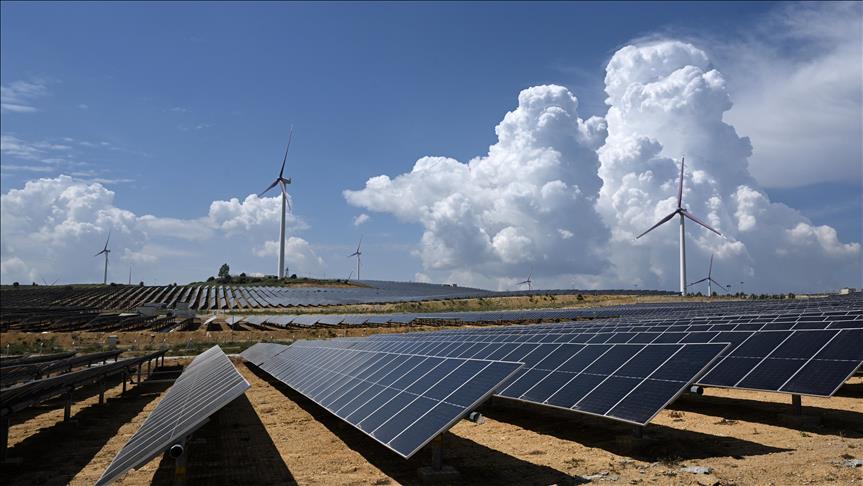Africa, home to 20% of the world's population, receives only 2% of global clean energy investments as disparities in investment deepen, according to International Energy Agency's (IEA) "World Energy Investment 2025" report.
The report showed that current, private sector clean energy investments rose from around $17 billion in 2019 to almost $40 billion in 2024.
While, public and development finance institution investments for energy projects in Africa fell by one-third to $20 billion in 2024, compared to 2015.
This decline was primarily driven by reduced investments in the continent's oil and gas sectors. Meanwhile, renewable energy investments have only partially offset the losses.
Across the continent, 600 million people still lack access to electricity, while nearly 1 billion people are without access to clean cooking fuels and technologies.
The report noted that investment in Sub-Saharan Africa remains "very low" relative to the region’s size and population potential.
Additionally, investments in clean cooking solutions remain relatively limited in Africa. Because the sector is less attractive to private investors, it relies mostly on donors, public funding, and grant-based projects.
This underscores how public policy becomes essential in areas of energy investment that don't offer immediate commercial returns.
In its report, the IEA called for greater public and international cooperation to achieve more sustainable and equitable energy access, particularly in support of basic services such as clean cooking technologies.
It emphasized that investments shouldn't be limited to large infrastructure projects but also be directed toward small-scale distributed solutions.
Solar power systems, mini-grids, and energy storage technologies are highlighted as key tools to ensure sustainable energy access in rural areas.
- Public funding declines, private capital hesitant
The report underlined that clean energy investments in Africa have declined amid falling public investment, while private sector contributions have partially filled the gap.
However, around 70% of total energy investments in the region are still allocated to fossil fuels.
Despite this, renewable energy remains a key area of interest for the private sector. Risk-reducing capital provided by development finance institutions has played a central role in enabling such investments, IEA said.
The report estimated that more than one-third of energy projects in Africa are directly supported by these institutions.
The IEA emphasized that accelerating capital flows into developing economies is essential for making the energy transition sustainable. In Africa specifically, the deepening of local financial markets is also viewed as a critical component of that process.
The continent's rising external debt, high interest rates, and exchange rate volatility are raising investment costs and undermining the feasibility of new projects.
The report stated that by 2025, debt service costs in Africa will reach 85% of total energy investment spending.
By Murat Temizer
Anadolu Agency
energy@aa.com.tr


